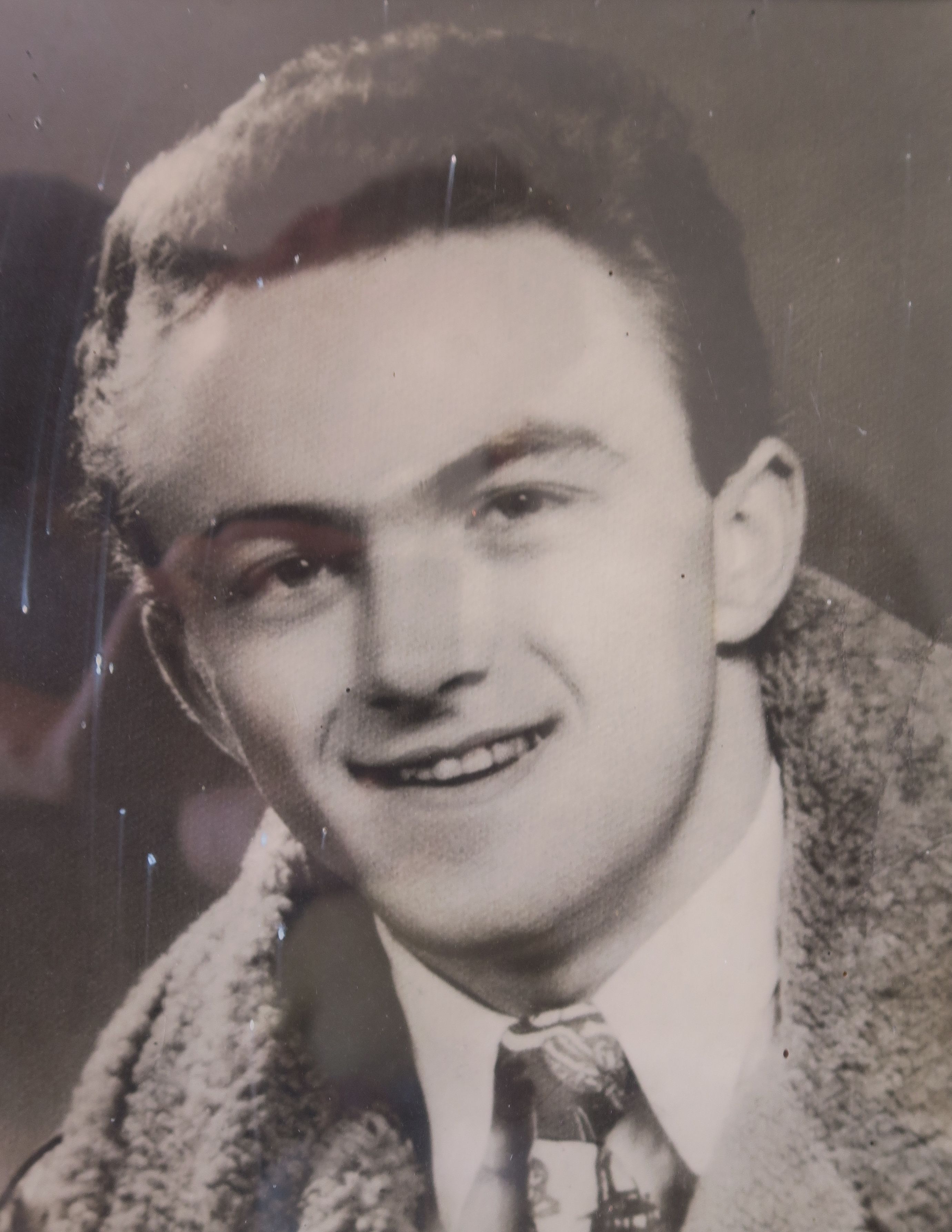The three-time national champion was not allowed to race

Download image
Jan Blažíček was born on February 11, 1928 in Polnička in Vysočina. He did not know his father, his mother ran a pub founded by his father. After finishing primary school in Polnička in 1942 Blažíček studied at the Business Academy in Prague. He experienced the atmosphere of the Heydrichiade and witnessed the encirclement of the Church of Cyril and Methodius, where the assassins were hiding. After the school was closed, he was deployed in field work. At that time he joined the partisan movement as a liaison in the Jan Hus Brigade, later commanded by the infamous communist investigator Pich-Tůma. He graduated from the trade academy in June 1948. In the February days of the government crisis he took part in a student march to the Castle to meet President Beneš, when the pro-democracy demonstrators were dispersed by members of the People’s Militia. Blažíček intended to continue his studies at the prestigious hotel school in Lausanne, Switzerland. Due to his trade background, however, he did not receive the proper permission from the communist authorities. He was an excellent athlete at that time - he was involved in athletics in Sparta Prague, cross-country skiing in SK Nové Město na Moravě - three times he became the national champion in this discipline. He therefore attempted to study at the Institute of Physical Education and then at the University of Economics. Because of his class background, however, he failed again. Until 1949, when he enlisted in the Auxiliary Technical Battalions (PTP), he worked in the already nationalised family pub. During the war he cut coal in the Gottwald mine in Kladno. After returning to civilian life, he married and worked at the sawmill. State Security provocateur František Mokrý, a village neighbour, encouraged Blažíček and his friend to found an anti-state group. Although the group did not take any action, Blažíček was arrested for the first time in the autumn of 1952. He was released after interrogation, but after his second arrest, in April 1953, he ended up in detention in Žďár nad Sázavou and later in intensified solitary confinement in Jihlava. The public trial took place in Žďár nad Sázavou. His friend Břečka left with an eleven-month sentence, Blažíček with three years imprisonment. He was sent to the Jáchymov region, where in the Prokop camp he processed timber for shaft cutting. In the camp he experienced an epidemic of dysentery (affecting two and a half thousand prisoners), caused by poor quality food. After eighteen months, he was released under an amnesty. He first loaded wagons at the Žďár railway station, then worked at the State Forests until his retirement. Even after his return from prison, Jan Blažíček continued to be one of the top athletes and as a complete amateur he routinely defeated the republican representatives in cross-country skiing. However, he was never allowed to compete abroad. Thanks to his sporting reputation, he nevertheless made contact with Western, mainly Finnish, cross-country skiers who used to go to competitions in the Krkonoše Mountains or the High Tatras. Because of these contacts, State Security kept a file on him for several years called “Jan” and once offered him cooperation with a reward - a trip to the West, which he refused. He did not get to the West for the first time until the political thaw in 1969, when he took part in the famous Vasa Run in Sweden. At the age of forty-one, he finished 40th in the ninety-kilometre course (among 12,000 participants!). After the fall of communism, he won award A participant in the anti-communist resistance.
